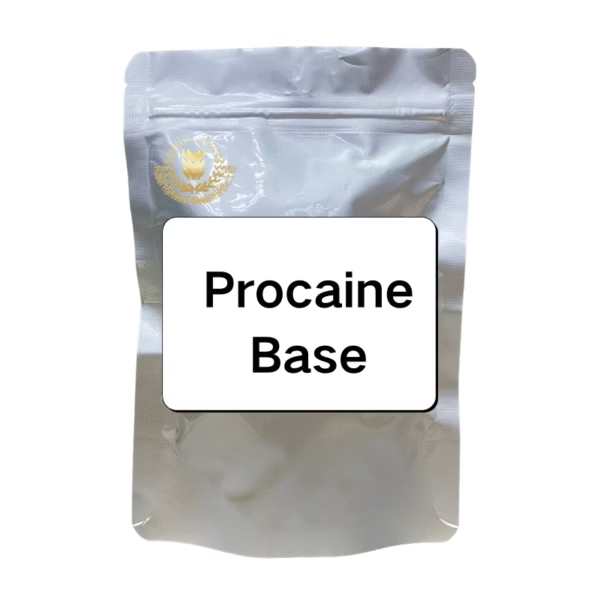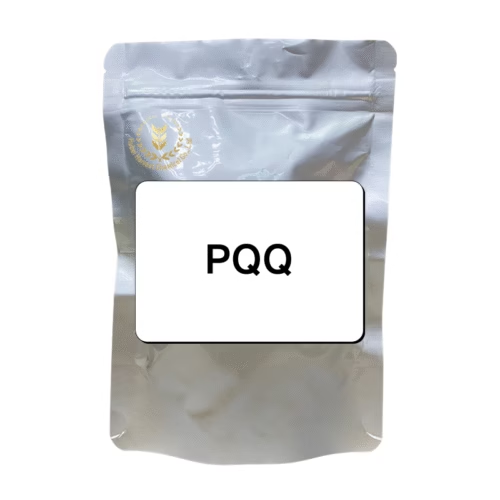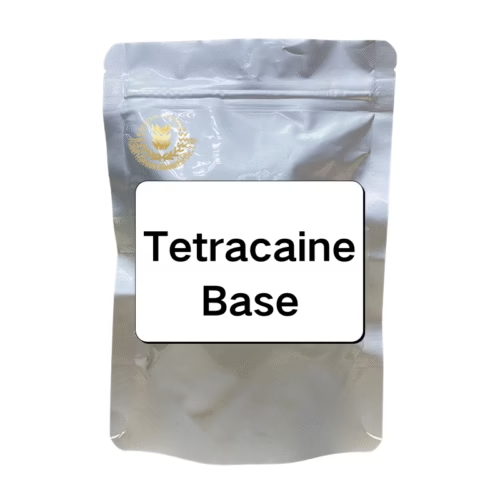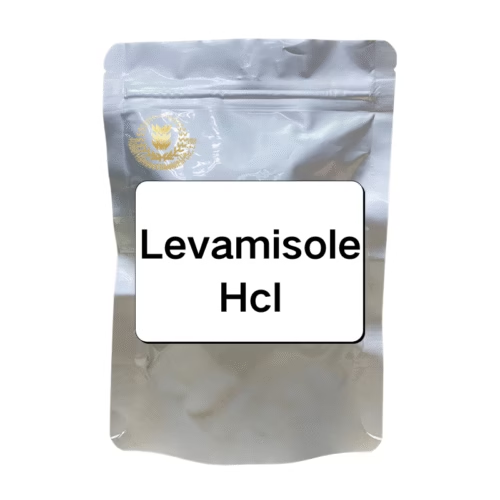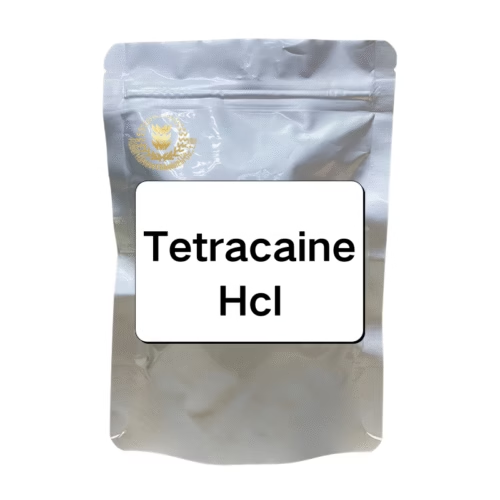|
CAS No.:
|
59-46-1
|
|
Formula:
|
C13h20n2o2
|
|
EINECS:
|
59-46-1
|
|
Type:
|
Pharmaceutical Intermediates
|
|
Appearance:
|
Powder
|
The difference between Procaine hcl and Procaine base
| Feature | Procaine Base | Procaine Hydrochloride |
| Solubility | Poorly soluble in water; lipid-soluble. | Highly soluble in water, making it suitable for injectable solutions. |
| Chemical Stability | Less stable in aqueous solutions than the salt form. | More chemically stable, allowing for longer storage. |
| Activity in the Body | This is the active form that diffuses through the fatty membranes of nerve cells to block sodium channels. | The ionized form is the transport molecule. It must be converted into the base form to enter the nerve cell. |
| Medical Use | Not used directly in injections due to poor water solubility. However, it is used in “procaine-base infusions” in combination with an alkalizing agent. | The standard injectable form for local anesthesia, nerve blocks, and dental procedures. |

